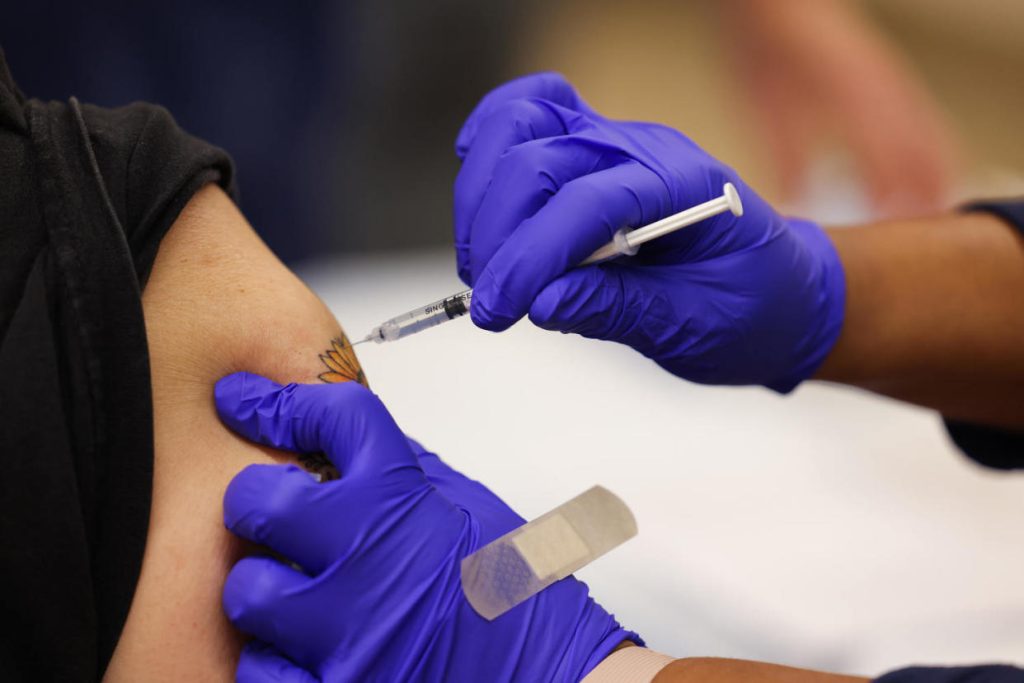The Central Intelligence Agency (CIA) has revised its position on the origins of COVID-19, stating on Saturday that the virus is more likely to have leaked from a laboratory in China than to have emerged through animal transmission.
This update follows the confirmation of John Ratcliffe as CIA Director under Donald Trump’s second White House administration. Ratcliffe, who previously served as the Director of National Intelligence from 2020 to 2021, indicated that determining the origins of Covid-19 would be a top priority.
In an interview with Breitbart, Ratcliffe expressed his belief that the virus originated from a laboratory incident at the Wuhan Institute of Virology. “The agency is going to get off the sidelines,” he asserted.
In its latest statement, the CIA disclosed that it assesses with low confidence that a research-related incident is a more likely explanation for the pandemic than a natural spillover from animals.
Previously, the CIA had not taken a definitive stance on whether the virus was the result of a lab mishap or natural transmission. “CIA continues to assess that both research-related and natural origin scenarios of the COVID-19 pandemic remain plausible,” a spokesperson added.

The revised assessment stems from a fresh analysis of existing intelligence, which was ordered by former CIA Director William Burns and completed before Ratcliffe assumed office.
While the Federal Bureau of Investigation (FBI) and the Department of Energy have also supported the lab leak theory, albeit with varying confidence levels, the broader intelligence community has leaned toward the theory of natural origins.
Proponents of the lab-leak theory point to Wuhan’s status as a hub for coronavirus research, where the earliest COVID-19 cases were detected. This location is approximately 1,000 miles (1,600 kilometres) away from bat populations carrying related SARS-like viruses.
The debate over COVID-19’s origins remains a divisive issue, with scientific and political implications for understanding and preventing future pandemics.


